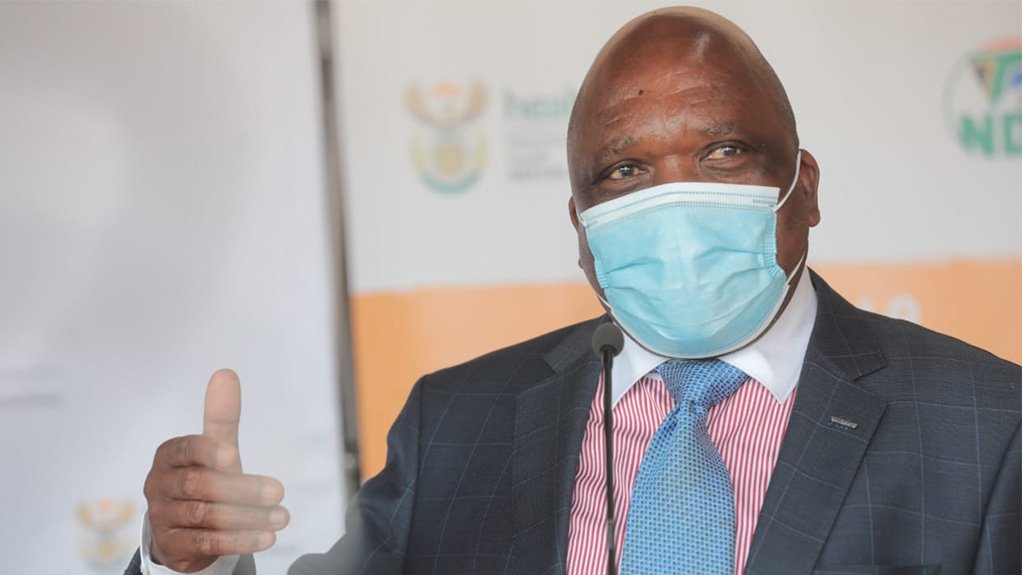While regulations pertaining to the Covid-19 pandemic keep being relaxed in South Africa, mask mandates are still here, for now.
During a Friday media briefing on government efforts in the fight against Covid-19 and the national vaccination rollout programme, Health Minister Joe Phaahla answered questions on mandatory mask wearing.
Under the Level 1 lockdown regulations, wearing a mask in public is still mandatory, and any person who fails to comply with a verbal instruction from a law enforcement officer to wear a mask commits an offence.
An offender is liable to a fine or imprisonment not exceeding six months.
The regulations further state that no person will be allowed to operate or use public transport, or be in a public open space or building used by the public to obtain goods and services, without wearing a mask.
Responding to a question, Phaahla said the government had not yet been advised on getting rid of mask mandates.
He added that different countries had taken different approaches to the mask mandates, but that several still viewed the wearing of masks as essential in the fight against Covid-19.
The minister said mask mandates would be discussed when answering a follow-up question, but did not give a timeframe.
"It will be discussed as other countries do effect changes on masks," Phaahla said. "Our Ministerial Advisory Committee will discuss the matter and give us advice, but we will also consider, based on the advice, look[ing] at the experiences elsewhere."
He added that getting rid of mask mandates had not been a general approach, and that they were still in place in the majority of countries.
However, the minister urged South Africans not to be in a hurry to get rid of their masks.
"I know it’s an irritant to wear a mask, but we need to be patient, as this pandemic is still in our midst. We shouldn’t drop our guard.
"There is ample evidence that masks do reduce the spread," Phaahla said.
The minister concluded by saying that mask mandates would be scrutinised.
Earlier, Phaahla indicated that the decline in new infections had slowed down as the country reached the end of the fourth wave threshold.
"We have seen a less resilient decline in infections. The picture has been that of a stalemate, where there’s no serious decline and yet no worrying rise in infections. Instead of the curve flattening, it has taken the shape of a plateau."
The stagnation was attributed to the opening of schools.
"In support of this is also an observation that over the last 14 days, we have witnessed more infections amongst the young people below 20 years of age."
EMAIL THIS ARTICLE SAVE THIS ARTICLE
To subscribe email subscriptions@creamermedia.co.za or click here
To advertise email advertising@creamermedia.co.za or click here











